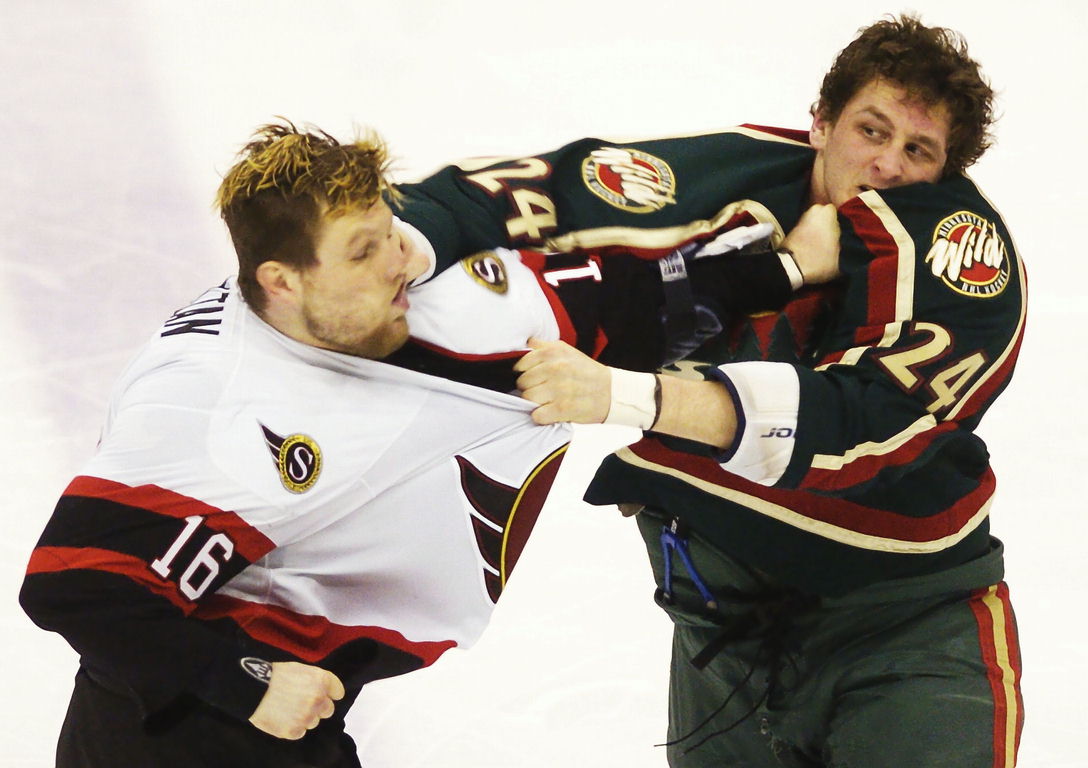According to a recent article in Willamette Week, University of Oregon boosters are upset with Chip Kelly.
These boosters may be generous with their wallets, but according to my interpretation of this article, they’re selfish and egotistical otherwise.
The boosters don’t like that Kelly doesn’t mingle with them. They want him to drive to Portland weekly to speak at the Multnomah Athletic Club. They want him to golf with them. They want to be on the sidelines with him during games.
That was the precedent set over the past 30 years under coaches Rich Brooks and Mike Bellotti. Brooks and Bellotti set the bar high for Oregon coaches’ mingling duties. According to the standard they set, part of the job of coaching the Oregon Ducks was kissing a little tail to bring in some dollars.
Well guess what – wins make money too.
In addition to setting a standard for how coaches should socialize, Brooks and Bellotti also set a standard on the field. Under their watch, the expectations were to win between 6-9 games a season and hope to reach a second-tier bowl game.
Kelly, clearly, has altered that standard. Under Kelly, the new normal is 10-12 wins and a BCS bowl berth. For the boosters, that should be enough. Need they be reminded the reason they donate to the football program in the first place is to help make it more competitive? Their money is meant to improve facilities and woo potential recruits. Playing football games in January goes a lot farther to win over recruits than playing golf with boosters in the summertime ever will.
As someone who hasn’t donated money to the University of Oregon in the five years since I’ve graduated, it feels inappropriate to criticize those who willingly give money to my alma mater. The problem is … that’s not what these “donors” think they’re doing. They believe by giving money to the university they’re really buying access to the head football coach. After all, that’s how it’s worked for three decades.
It’s baffling that these intelligent people – I assume they’re intelligent because stereotypically speaking, donors are white-collar workers with excess money to throw around – don’t see the alternative here. Instead of schmoozing on the golf course or attending banquet dinners to try and coax a few extra bucks out of these folks, Kelly is able to spend more time on the recruiting trail or fine-tuning his offense. That gives the Ducks a competitive edge and keeps them relevant on the national stage.
Isn’t that what these donors hoped for when they initially opened their pocketbooks? Or was it more important for them to create a fantasy in which they were part-owners with unlimited access to a middling college football team?
Kyle Boggs is on Twitter. Follow him at @KyleKBoggs
Add The Sports Daily to your Google News Feed!
